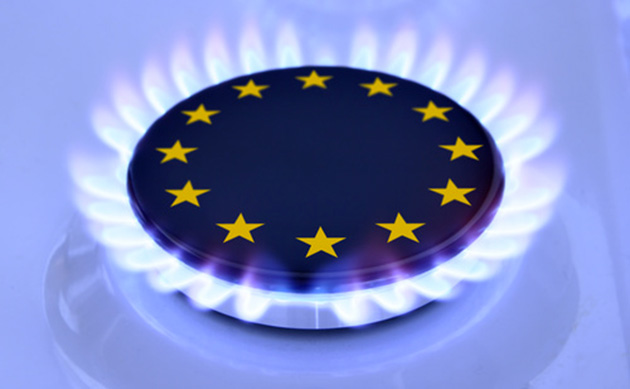What alarms the electricity and gas markets

Several European energy companies are in liquidity crisis due to the sharp fluctuations in gas and electricity prices. Is the EU in a new “Lehman Brothers moment”, or does the system just need a tweak? All the details and expert opinions
The sharp fluctuations in gas and electricity prices on European energy markets represent a risk for the resilience of energy companies. The margins – that is, the collateral guarantees required for the trading of futures , the contracts for the exchange of electricity or gas by a future date – have in fact grown a lot, putting the liquidity of companies in crisis and making public bailouts necessary.
A NEW “LEHMAN BROTHERS MOMENT”?
Many newspapers speak of a new "Lehman moment", comparing the current situation to the bankruptcy of the Lehman Brothers bank and to the financial crisis of 2007-2008, affected by a liquidity crisis: it originated, in that case, from a real estate bubble in the United States, to then infect the global economy.
To avoid the repetition of similar systemic crises, the regulatory authorities have developed a system aimed precisely at avoiding the possibility of a new "Lehman moment": this system – as Il Sole 24 Ore explains – has enhanced both the mechanism of the aforementioned margins , and the role of central counterparties (or clearing houses ).
MARGINI AND CLEARING HOUSE : WHAT THEY ARE
Simplifying, the clearing house is a subject that is halfway between a company and a financial institution (Lehman Brothers, to understand). The two parties, therefore, no longer interact directly, but must "pass" through the clearing house : the role of the central counterparties, therefore, is that of guarantor in the event of the failure of one of the two parties involved in the transaction.
All players operating on the derivatives market – such as energy companies on the European power exchange, for example – must pay an "initial margin" to the clearing house , which acts as a guarantee. This margin must be adjusted every day, following the trend of the prices.
The European regulation, called EMIR , is based precisely on these two elements: on the one hand the clearing houses and on the other the margins, both guaranteeing transactions.
THE PROBLEM
The European system is finishing giving problems due to the very strong fluctuations in the price of gas and electricity, which force energy companies – which use futures as hedging instruments against commercial risks – to "adjust" their margins daily by spending billions of dollars. .
A regulation designed to prevent a systemic crisis, therefore, could end up becoming the cause.
WHAT TO DO?
Despite EMIR's critical issues, Riccardo Coassin, a lawyer at the Clifford Chance law firm, told Il Sole 24 Ore that the rules in force today “have actually reduced the risk of systemic contagion. Before, if a large bank went bankrupt, a domino effect was created, now the risk is lower ”.
More than upsetting the system, therefore, we should proceed with adjustments.
THE EUROPEAN COMMISSION PROPOSAL
The European Commission has proposed an increase from 3 to 4 billion in the minimum threshold of over-the-counter derivatives passing through clearing houses .
“This proposal”, explains Coassin, “reduces the amount of derivatives that end up in central counterparties. This would reduce the amount of margins required of energy companies as a whole. The point is to understand how the transition to this new limit will be managed, but overall the proposal is positive ”.
This is a machine translation from Italian language of a post published on Start Magazine at the URL https://www.startmag.it/energia/crisi-liquidita-mercati-energia-momento-lehman/ on Fri, 16 Sep 2022 13:13:43 +0000.
